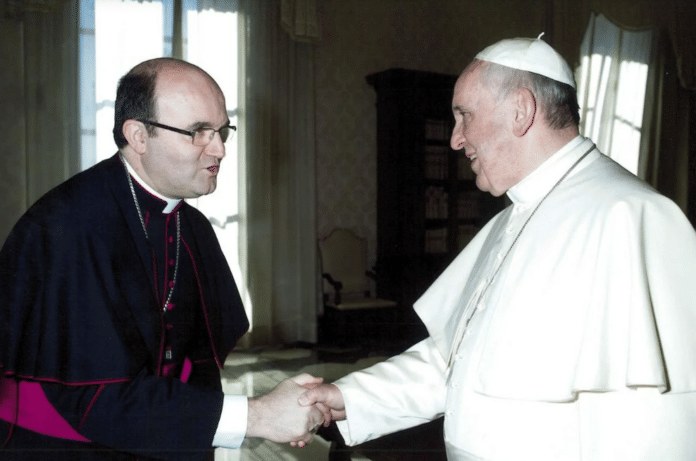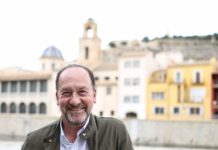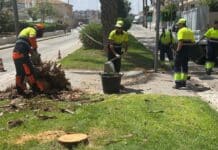
![]() Spanish
Spanish ![]() Dutch
Dutch ![]() French
French ![]() German
German ![]() Norwegian Bokmål
Norwegian Bokmål ![]() Polish
Polish ![]() Swedish
Swedish
The Bishop of Orihuela-Alicante, José Ignacio Munilla, has once again stirred controversy by defending practices widely criticized as “conversion therapies.”
Despite allegations from the Ministry of Equality and the United Nations classifying such therapies as akin to torture, Munilla claims they do not exist. Instead, he argues that the term is a “Marxist concept ” designed to prevent the Church from offering pastoral guidance to those with homosexual inclinations.
Munilla asserts that these so-called therapies amount to “accompanying people with homosexual inclinations and helping them live the virtue of chastity.” This position has put him at odds with the official stance of the Archdiocese of Valencia, which has condemned such practices. However, the Alicante bishop has repeatedly voiced his support for these approaches in public forums.
One such instance was his endorsement of the book “Growing Up as Boys, Growing Up as Girls”, authored by priest and teacher Oscar García Mulet. The book defends these therapies, presenting them as innocuous, feasible, and even desirable for altering homosexual orientation through prayer and daily discipline. Munilla not only wrote the book’s prologue but also participated in its presentation.
Additionally, Munilla has defended these practices on his online radio program, Sixth Continent. On one occasion, he argued, “If you have the right to undergo hormone therapy or surgeries, shouldn’t you also have the right to explore psychological therapy for reversing homosexuality? Or is sexual freedom only valid for what LGTBI ideology advocates?”
He also publicly supported a teacher in Alaquàs accused of attempting to “cure” students of homosexuality, describing the educator’s actions as appropriate.
Munilla is closely linked to the group Spei Mater, a public association of faithful Catholics that includes the “40 Days for Life” movement. This group organises vigils outside abortion clinics, despite a 2022 Spanish law banning harassment of women seeking abortions. Munilla has participated in these vigils, which involve coordinated prayer outside clinics.
To circumvent legal restrictions, Spei Mater limits gatherings to fewer than 20 people, avoiding the need for administrative permits. While the law prohibits disturbing or harassing women, participants maintain their focus on silent prayer, avoiding direct interaction with women or clinic staff.
Upcoming vigils in Alicante and Valencia are planned to run daily from morning to evening, ensuring continuous presence outside clinics.
Munilla’s defence of controversial practices and his affiliation with groups like Spei Mater highlight his consistent support for actions that challenge Spain’s evolving legal and social landscape.
The bishop admitted to being personally involved in conversion therapy efforts on a number of occasions. He is quoted as saying that being gay is a “disorder,” suggesting homosexuality is due to childhood trauma or the use of pornography.
![]() Spanish
Spanish ![]() Dutch
Dutch ![]() French
French ![]() German
German ![]() Norwegian Bokmål
Norwegian Bokmål ![]() Polish
Polish ![]() Swedish
Swedish




















